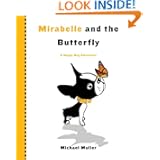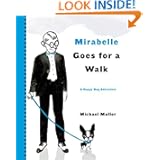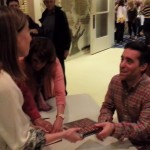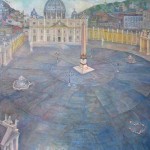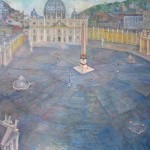 As the 2012-2013 season comes to an end, we’d like to say a few things about reading world literature. We have worked our way through an extremely ambitious list (see below), and somehow maintained good spirits and enthusiasm.  We are concluding our adventure with Nadine Gordimer’s A Sport of Nature (South Africa) and Chinua Achebe’s Things Fall Apart (Nigeria), and we certainly have stretched our minds through this experience.
As the 2012-2013 season comes to an end, we’d like to say a few things about reading world literature. We have worked our way through an extremely ambitious list (see below), and somehow maintained good spirits and enthusiasm.  We are concluding our adventure with Nadine Gordimer’s A Sport of Nature (South Africa) and Chinua Achebe’s Things Fall Apart (Nigeria), and we certainly have stretched our minds through this experience.
As David Damrosch, author of How to Read World Literature writes, “Reaching back over nearly five millenia and extending today to almost every inhabited region of the globe, world literature offers its readers an unparalleled variety of literary pleasures and cultural experiences. Yet this variety also poses exceptional challenges, as we cannot expect to approach all these works with the fund of cultural knowledge that readers share with works within a single tradition.”
We have found this to be true, and perhaps this is why we are all mentally and psychologically depleted. It was really hard to read about so much suffering, pain, war, starvation, and hatred. What we do know is that reading international fiction dials up the empathy factor and creates awareness of the difficulties so many people face on a daily basis.
A few thoughts on A Sport of Nature and Things Fall Apart–The former is a sophisticated, complex, sweeping political novel which crosses the African continent. The main character is on a journey of self-discovery and constantly morphing. The latter is a local, primitive, cultural parable whose main character represents the plight of tribal life as colonialism takes hold in Nigeria. While the structure and content of these two novels couldn’t be more different, in the end they are both about the conflicts between whites and blacks in Africa.
But, the most significant difference is that both the author and main character of A Sport of Nature are white South Africans, and the author and main character of Things Fall Apart are black Nigerians. While both novels deal with race relations, the power of Things Fall Apart is infinitely stronger. We would suggest that you read both since they provide an interesting point-counterpoint to one another.
Nadine Gordimer “hailed Mr. Achebe in a review in The New York Times in 1988, calling him ‘a novelist who makes you laugh and then catch your breath in horror — a writer who has no illusions but is not disillusioned.'” The same could be said about Gordimer, but not for the same reasons. She looks at her world from 30,000 feet while Achebe’s feet are planted firmly on the ground.
- To The End of the Land • David Grossman
- Fiasco • Irme Kertesz
- Hate • Tristan Garcia
- Flaubert’s Parrot • Julian Barnes
- The Messenger • Yannick Haenel
- Last Man in Tower • Aravind Adiga
- The Hunger Angel • Herta Muller
- A Sport of Nature • Nadine Gordimer
![ARAPACISacanthuswithswans[1] A drawing of an ornate design on paper.](https://whatsmartwomenread.com/wp-content/uploads/2013/03/ARAPACISacanthuswithswans1-150x150.jpg)


